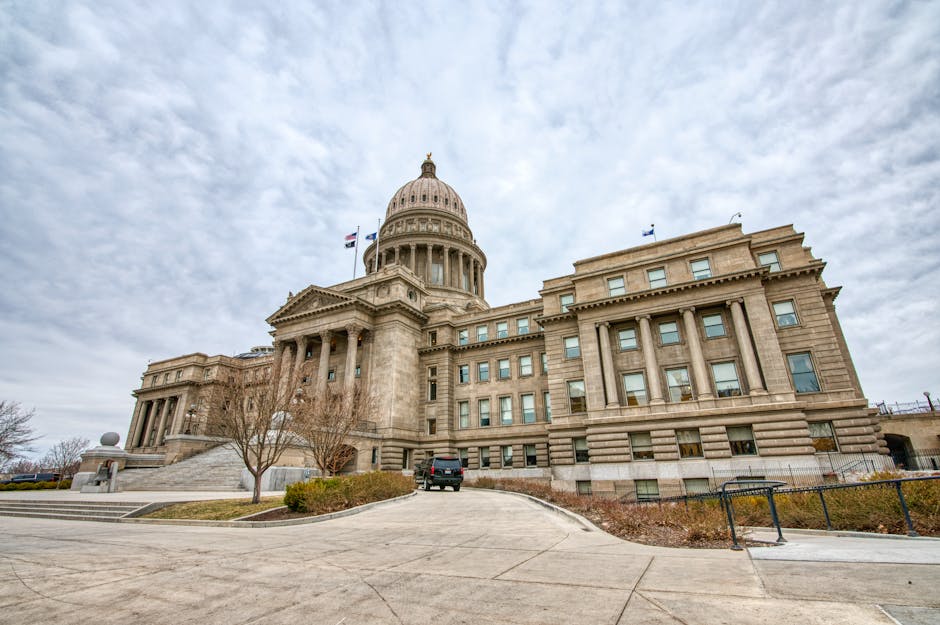Assessing the effectiveness of upholding the rule of law in any given political context is a complex undertaking. It requires a nuanced analysis beyond simplistic metrics, considering the interplay of various factors like governmental structures, societal values, and prevailing political ideologies. This examination delves into the intricacies of this crucial aspect of governance, exploring examples where adherence to the law may appear seemingly fragile.
The bedrock of a functioning democracy lies in the principle that all individuals and institutions, including the government itself, are accountable under the law. This fundamental concept, enshrined in various legal systems, serves as a safeguard against arbitrary power and ensures fairness in the application of justice. However, the mere existence of laws does not automatically translate into their effective upholding. Numerous challenges can arise, leading to significant questions about the strength and integrity of the rule of law.
An important initial point to consider is the definition of “effective upholding.” Does it imply a complete absence of violations or transgressions? Or does it encompass a more pragmatic approach, recognizing that instances of law-breaking inevitably occur, yet the system effectively addresses and corrects these breaches? A rigidly high standard might overlook critical nuances in the ongoing struggle to uphold principles of fairness and accountability. It might also conceal important contextual factors that influence the outcomes of legal processes.
Scrutinizing the processes through which laws are enacted, interpreted, and enforced is paramount. A significant weakness arises when legislative processes are susceptible to undue influence or political manipulation. This can lead to the enactment of laws that disproportionately benefit certain groups or undermine the rights of others. Further, opaque procedures within the judicial system can erode public trust in the fairness of legal outcomes. A system where impartial justice is compromised through political pressure or corruption renders the rule of law ineffective, regardless of the quality of the laws themselves.
Consider, for instance, a scenario where the legislature passes laws favouring certain industries, potentially compromising the principles of fair competition and equality before the law. Or, imagine a judiciary where judges are vulnerable to political pressure, leading to inconsistent judgments and undermining public confidence in the impartiality of the legal system. Such examples demonstrate how seemingly minor procedural flaws can cumulatively damage the overall integrity and effectiveness of the rule of law.
A nation’s commitment to upholding the rule of law extends far beyond the technicalities of legal procedures. Social and cultural norms play a crucial role. If a society prioritizes individual liberties and values accountability, the rule of law is likely to be more effectively upheld. Conversely, if deep-seated cultural norms favour deference to authority or prioritize collective interests over individual rights, the rule of law may face more resistance. Analyzing this cultural context is essential for fully understanding the efficacy of legal frameworks.
The concept of equality before the law is also critical. Does the system truly apply the law fairly to all citizens, regardless of their social standing, economic status, or political affiliation? Disparities in access to legal representation or in the application of criminal justice can significantly undermine the perception of fairness and equality, thus potentially weakening the rule of law’s influence.
Political polarization is a powerful force capable of influencing the effectiveness of the rule of law. A highly fragmented and divided political landscape can make consensus-building for necessary legal reforms increasingly difficult. The resulting political gridlock can hinder the establishment and enforcement of laws, while simultaneously fueling the perception that the rule of law is selectively applied or not enforced impartially.
Examining the actions of governing bodies is equally crucial. Do they engage in transparency and accountability in their decision-making? Do they prioritize the interests of the public, or do their actions frequently serve narrow political agendas? When political leaders repeatedly defy legal norms, even through symbolic actions, they contribute to a climate where the rule of law is devalued. In essence, the commitment to the rule of law must come from all branches of government, demonstrating a willingness to uphold the law at all times, regardless of personal or political motivations.
Finally, the role of media and civil society is indispensable in ensuring the rule of law’s effectiveness. An independent media that diligently reports on potential violations and advocates for accountability can act as a vital check on those in power. Similarly, a robust civil society with active participation from various organizations plays a critical role in upholding the standards of justice and societal well-being. This active involvement can highlight inconsistencies, provide alternative perspectives, and amplify public pressure for improvements in the system.
In conclusion, comprehensively assessing whether the rule of law is effectively upheld is not simply a matter of counting violations. It requires a holistic examination encompassing legal procedures, cultural contexts, social equity, and the political climate. By acknowledging the multitude of factors at play, and analyzing the interactions between these factors, a far more nuanced understanding of the rule of law’s position within any particular society can be formed. Continuous vigilance, a commitment to accountability, and a robust civil society are all essential ingredients in the ongoing process of ensuring that the rule of law remains a cornerstone of a just and equitable society.












